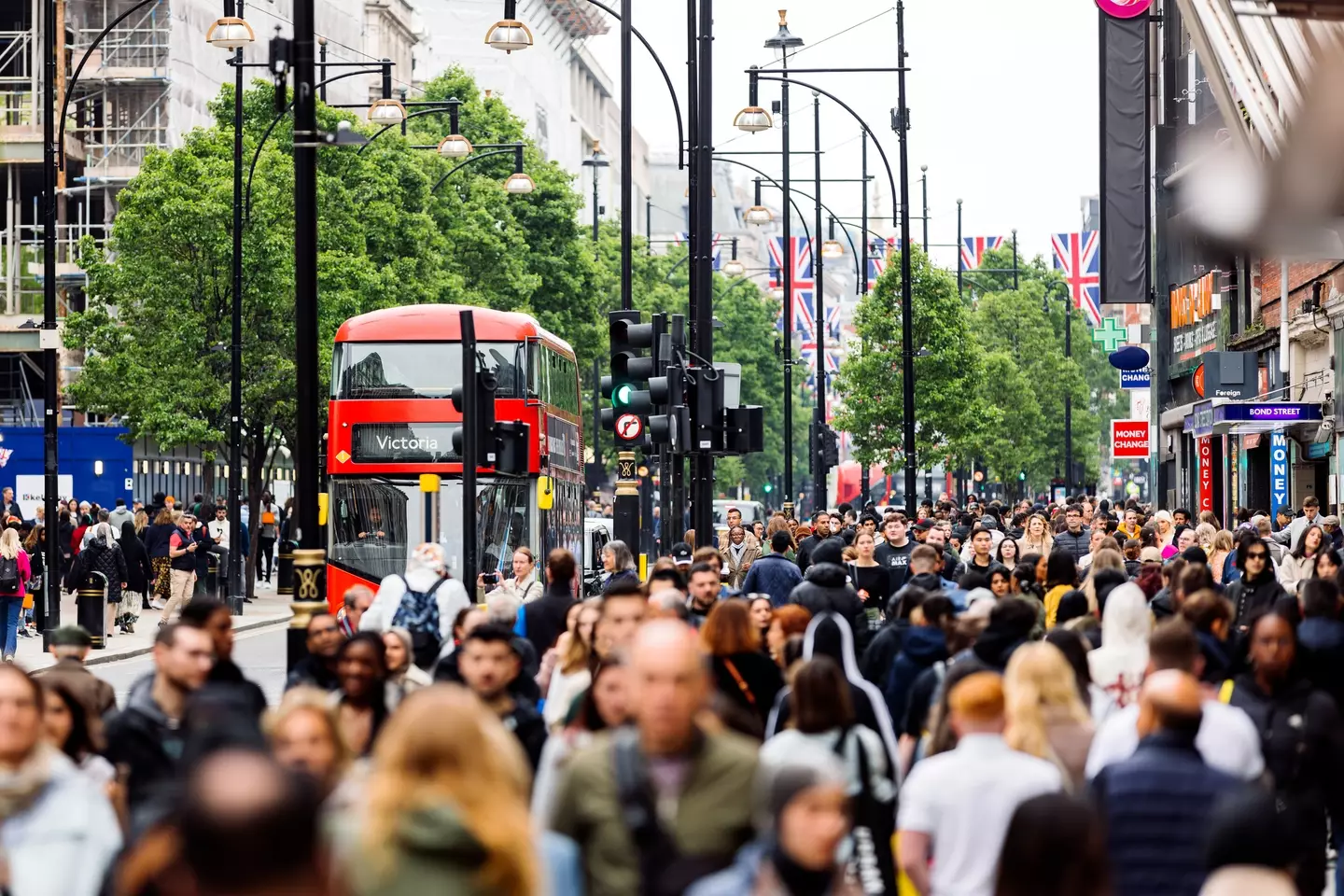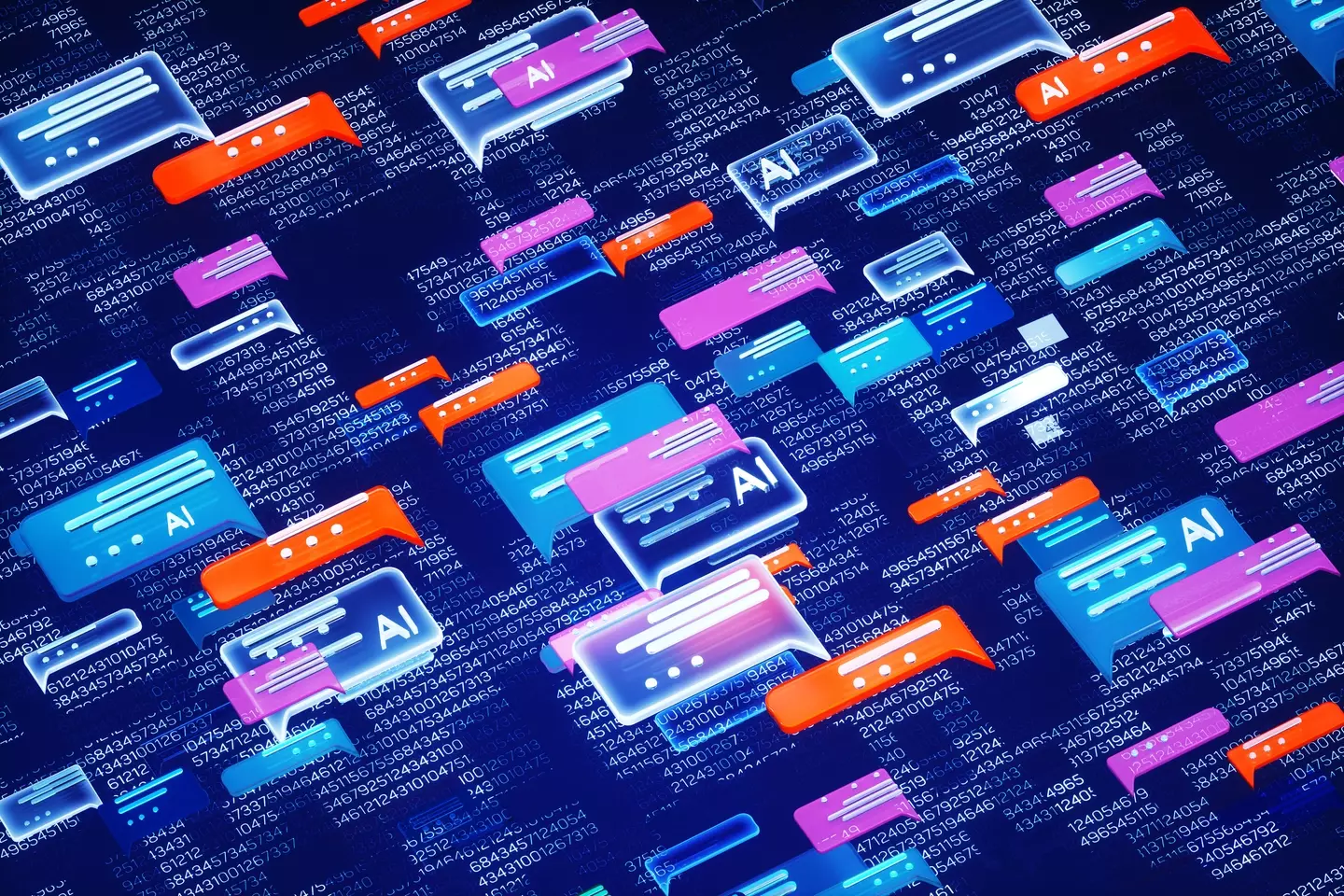
A group of scientists have used a computer to try and establish exactly when society will collapse, and the results are rather daunting.
With artificial intelligence (AI) becoming more advanced every day, scientists are able to use technology to understand more about the future of humans and planet Earth.
Unfortunately, for one group of scientists at the Massachusetts Institute of Technology (MIT), this includes trying to calculate when society will cease to exist.

Advert
Back in 1972, the team at MIT used computer modelling, which evaluated several data patterns relating to the likes of population, natural resources and energy use.
After carrying out their research, the study was published by the Club of Rome, with the upcoming 'limits to growth' highlighted as what would cause the eventual collapse of human society.
When did the study predict society would end?
So when did it predict the end of society as we know it?
Through this research, the team learned that the fall of society would hit near the midpoint of the 21st century. And yes, in case you'd forgotten, that's the century we're currently in the middle of.
In fact, there's apparently less than two decades to go until the collapse. Around 17 years, to be precise, as the scientists predicted the collapse would come in 2040.

Other studies that support the prediction
At the time, the report wasn’t taken too seriously and did attract some ridicule, the Guardian reports. However, before you start to feel smug, you should know that in 2009, a different team of researchers did a similar study which produced similar results.
Published by American Scientist, the more recent study concluded that the model’s results were ‘almost exactly on course some 35 years later in 2008 (with a few appropriate assumptions)'.
"It is important to recognise that its predictions have not been invalidated and, in fact, seem quite on target. We are not aware of any model made by economists that is as accurate over such a long time span," the study said.
Further to this, in 2021, Dutch sustainability researcher Gaya Herrington also affirmed the somewhat bleak predictions made in the study.
Speaking to the Guardian, Herrington said: “From a research perspective, I felt a data check of a decades-old model against empirical observations would be an interesting exercise.”

Herrington found that the data aligned with the predictions made back in 1972, which had a worst-case scenario of economic growth coming to a halt at the end of this decade and society collapsing around 10 years later.
Thankfully, however, Herrington did have a bit of optimistic news.
She told the Guardian: “The key finding of my study is that we still have a choice to align with a scenario that does not end in collapse.
"With innovation in business, along with new developments by governments and civil society, continuing to update the model provides another perspective on the challenges and opportunities we have to create a more sustainable world.”
Topics: Artificial Intelligence, Science, Technology, Weird
